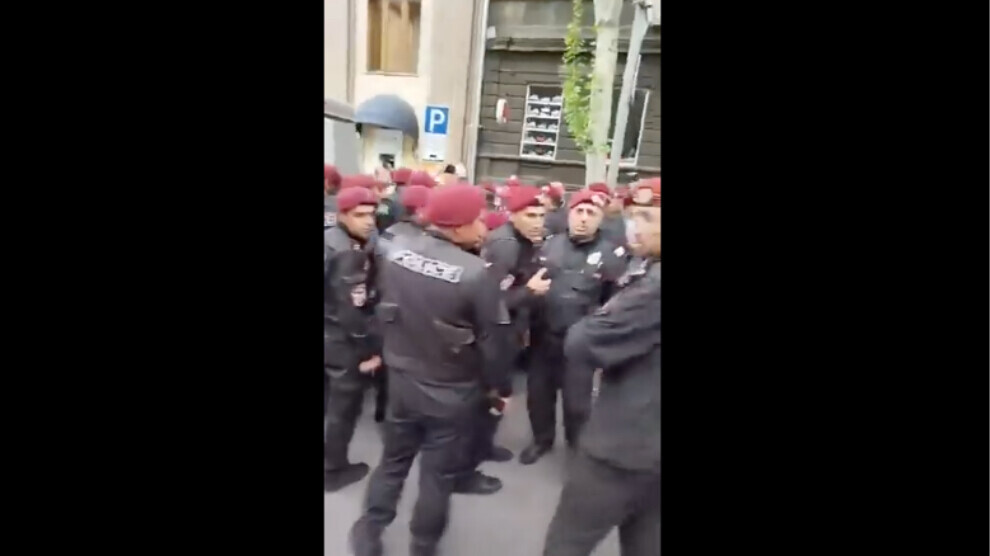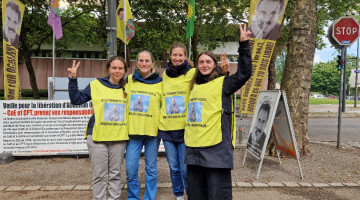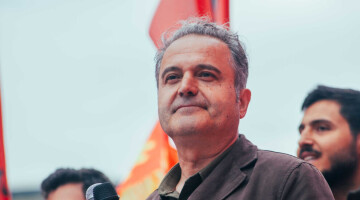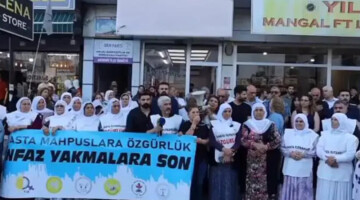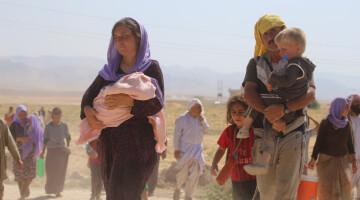Several streets in Yerevan were blocked by demonstrators on Monday morning following a call by the leader of the Tavush Homeland Movement and Head of the Tavush Diocese of the Armenian Apostolic Church, Archbishop Bagrat Galstanyan, who calls for the resignation of Prime Minister Nikol Pashiniyan.
Seeking a peace agreement with Baku that would finally end decades of territorial disputes and armed conflict, Armenian authorities have approved the return of border villages seized by their army in the 1990s.
The decision sparked protests in the affected Tavush region, culminating in a demonstration of tens of thousands on 9 May. Other rallies were organised in Yerevan over the weekend.
Recently, the Armenian government faced weeks of demonstrations, some of which blocked the country's main north-south road linking Armenia to Georgia.
Armenia and Azerbaijan have fought twice for control of Azerbaijan's Nagorno-Karabakh region. The first war, won by Armenia in the 1990s, left more than 30,000 dead, while the second, won by Azerbaijan in 2020 with the direct support of the Turkish state, left more than 6,000 dead.
Then, in September 2023, Baku launched a lightning offensive in Nagorno-Karabakh and took control of the region. Negotiations then accelerated, but the two countries failed to reach a comprehensive peace agreement, which would have required Yerevan to surrender villages it had conquered at the expense of its neighbour in the 1990s.
Azerbaijan is much better armed than Armenia thanks to its oil wealth and has the support of Turkey. Poor Armenia also feels betrayed by its traditional ally, Russia. Despite deploying peacekeepers, Russia did not intervene in Azerbaijan's last invasion attack. Armenia has therefore begun to move closer to Europe.

